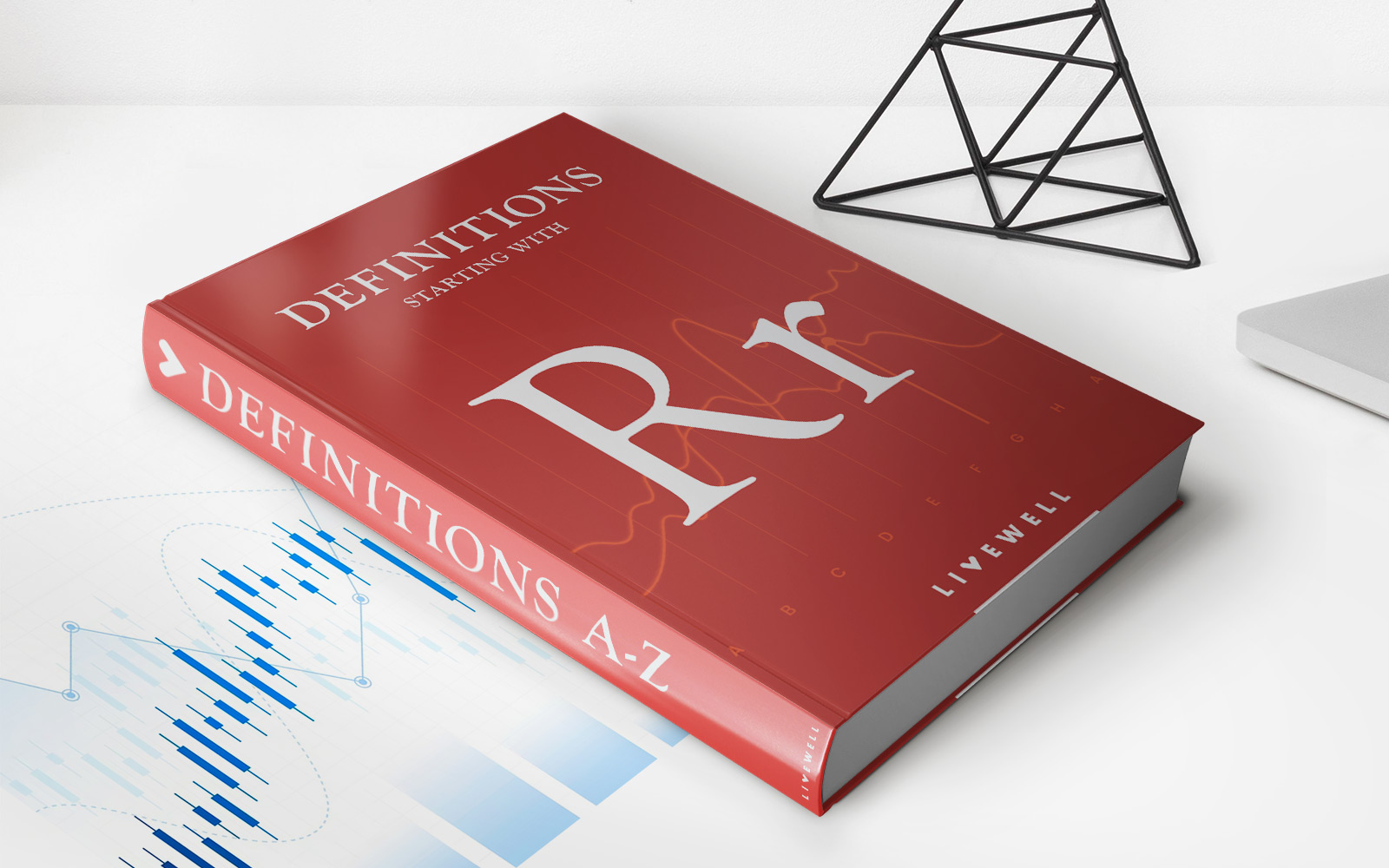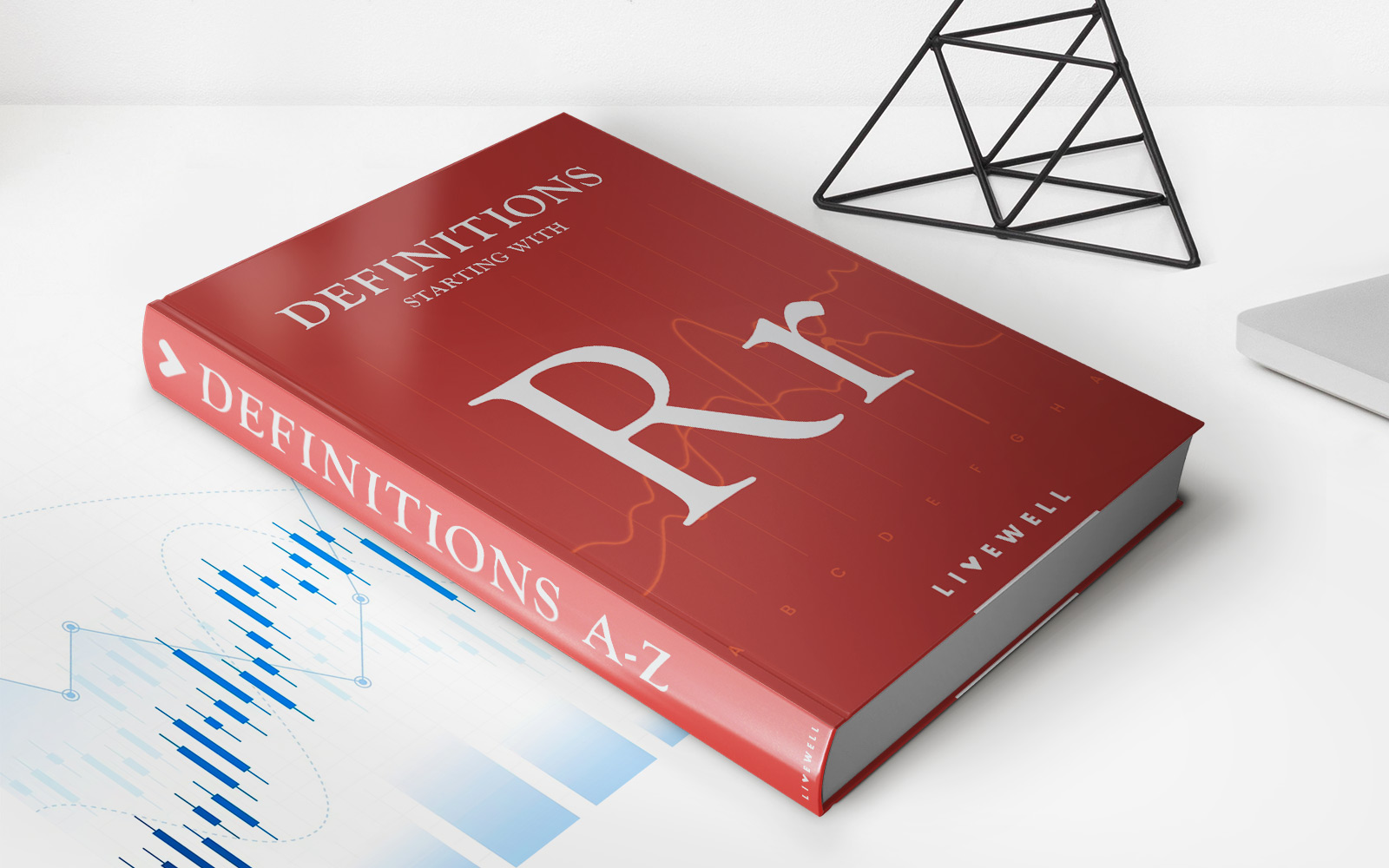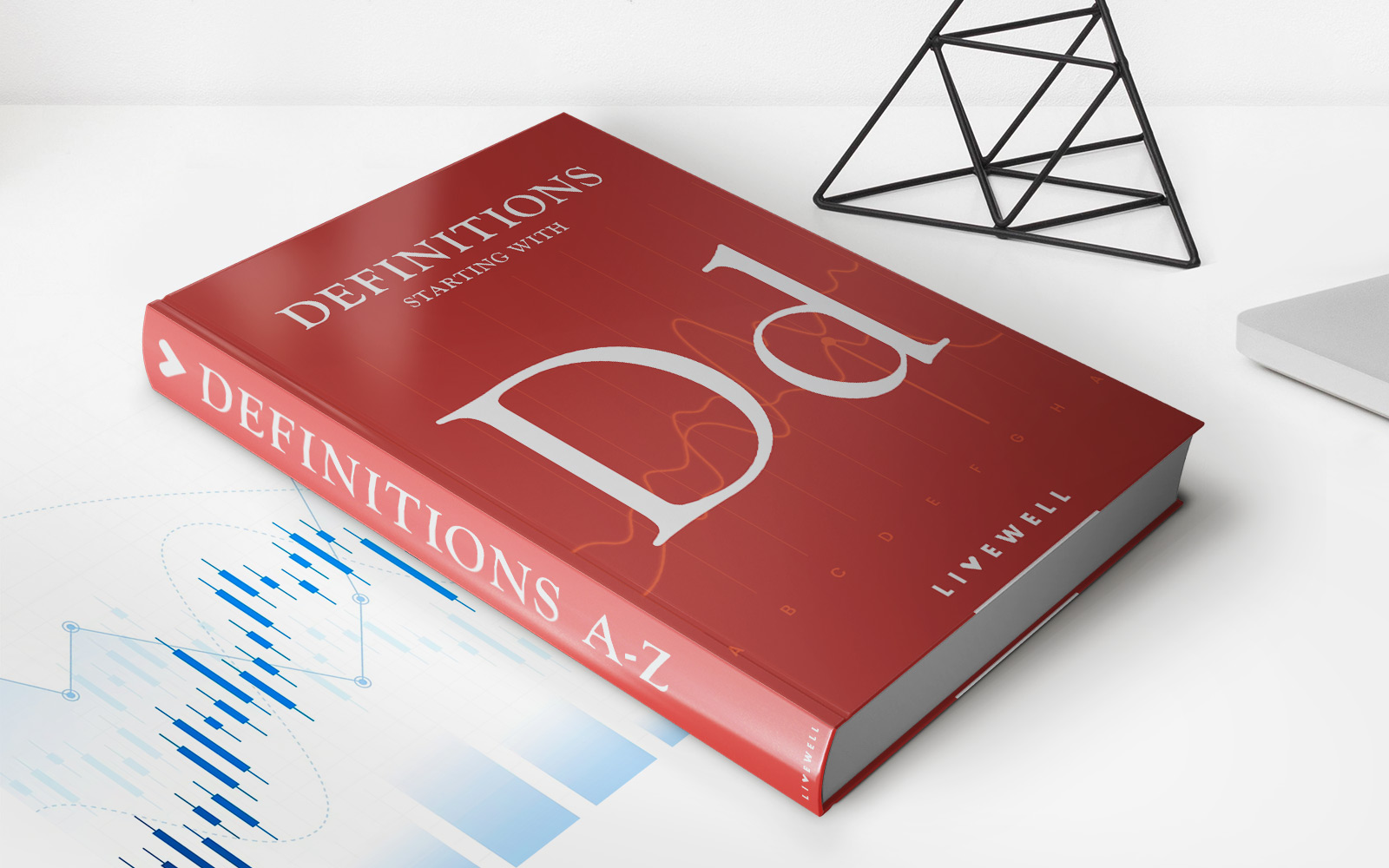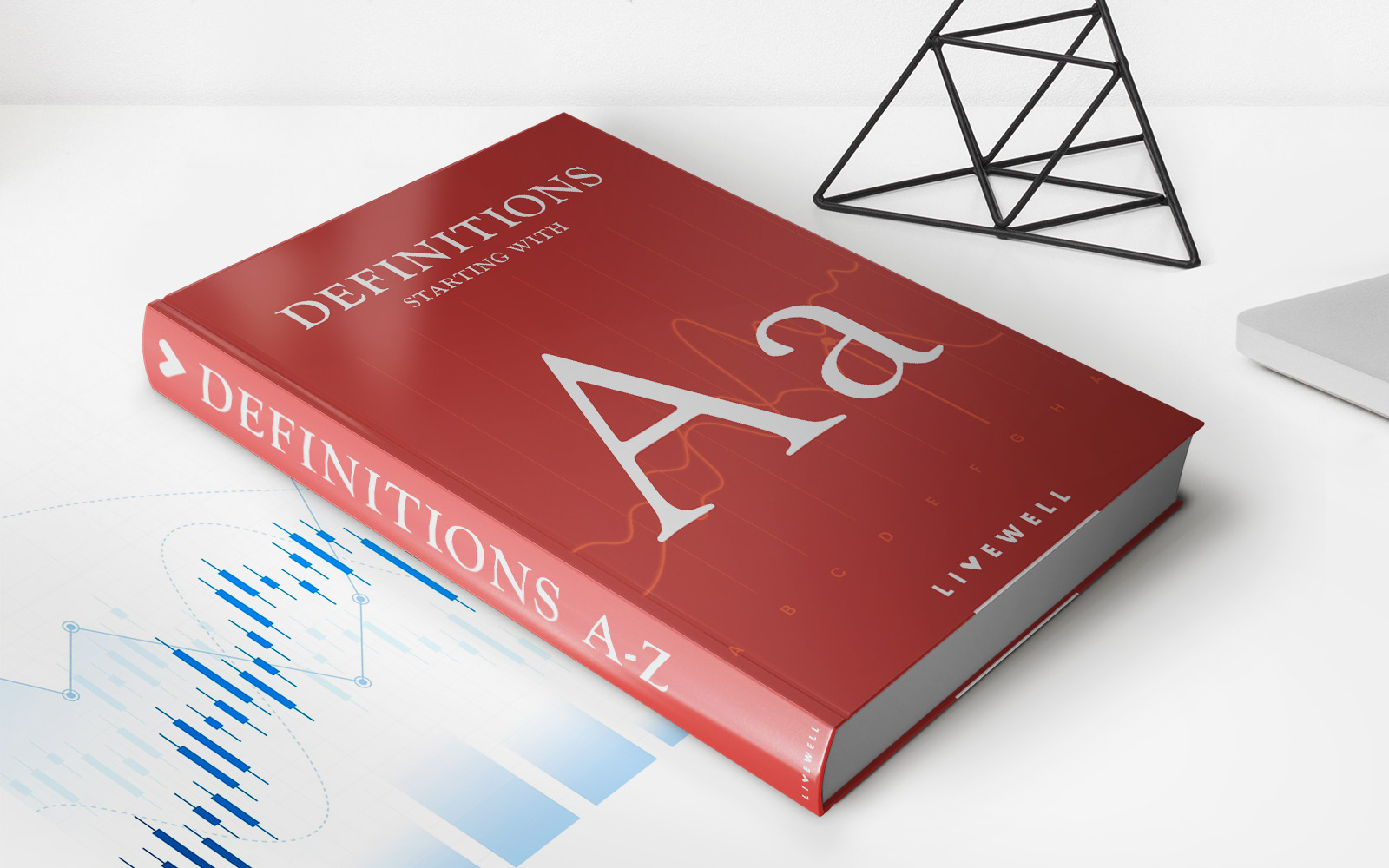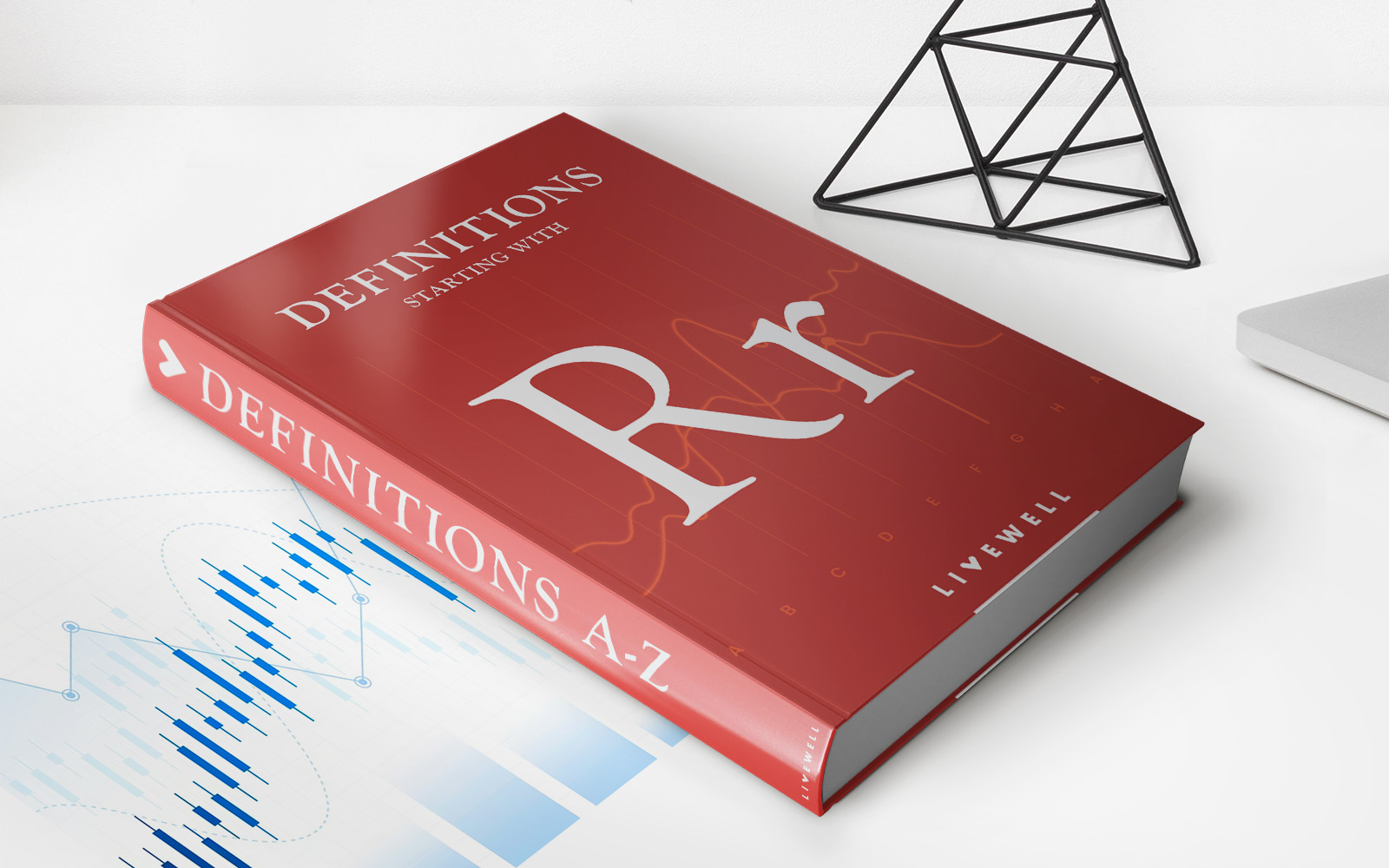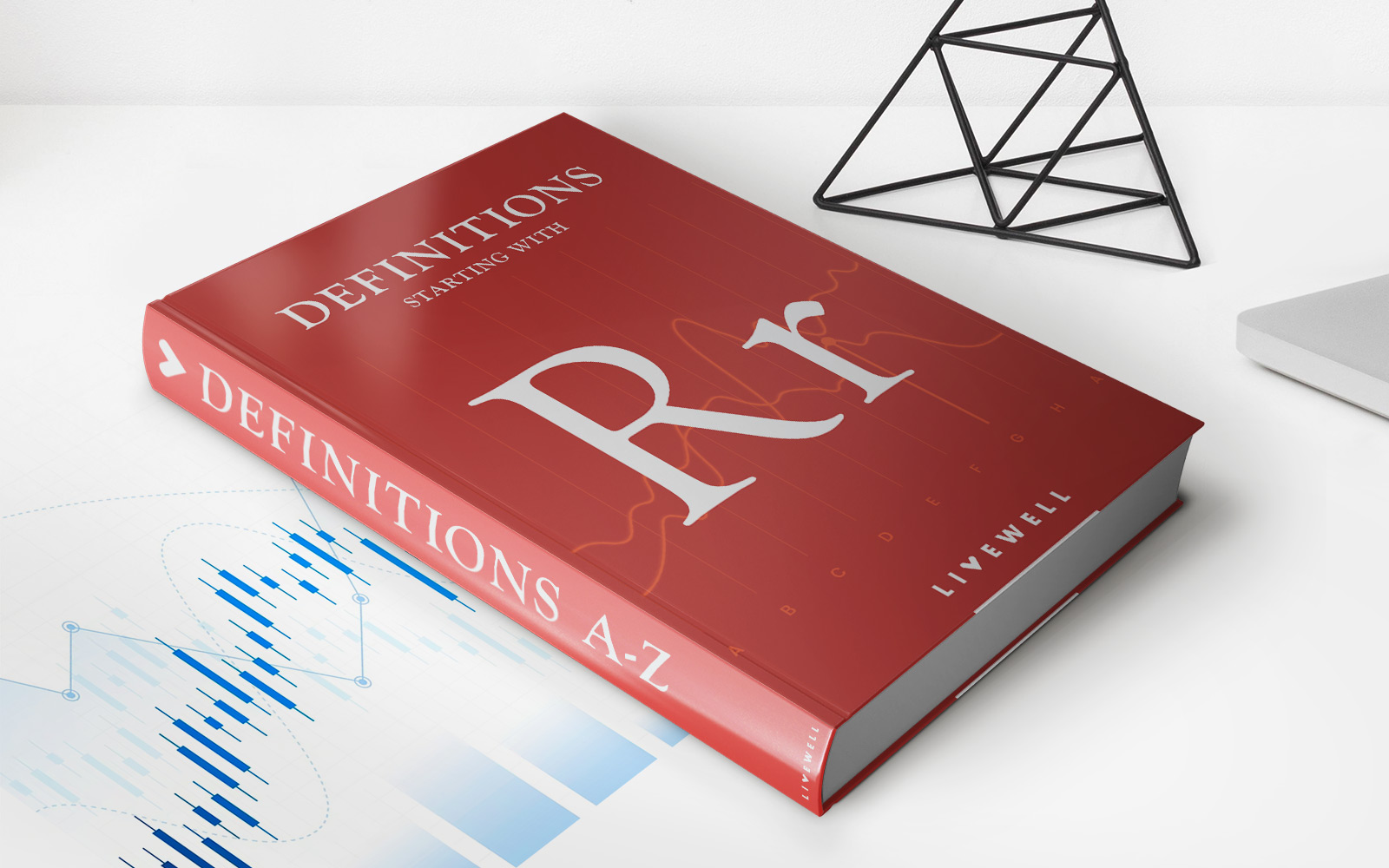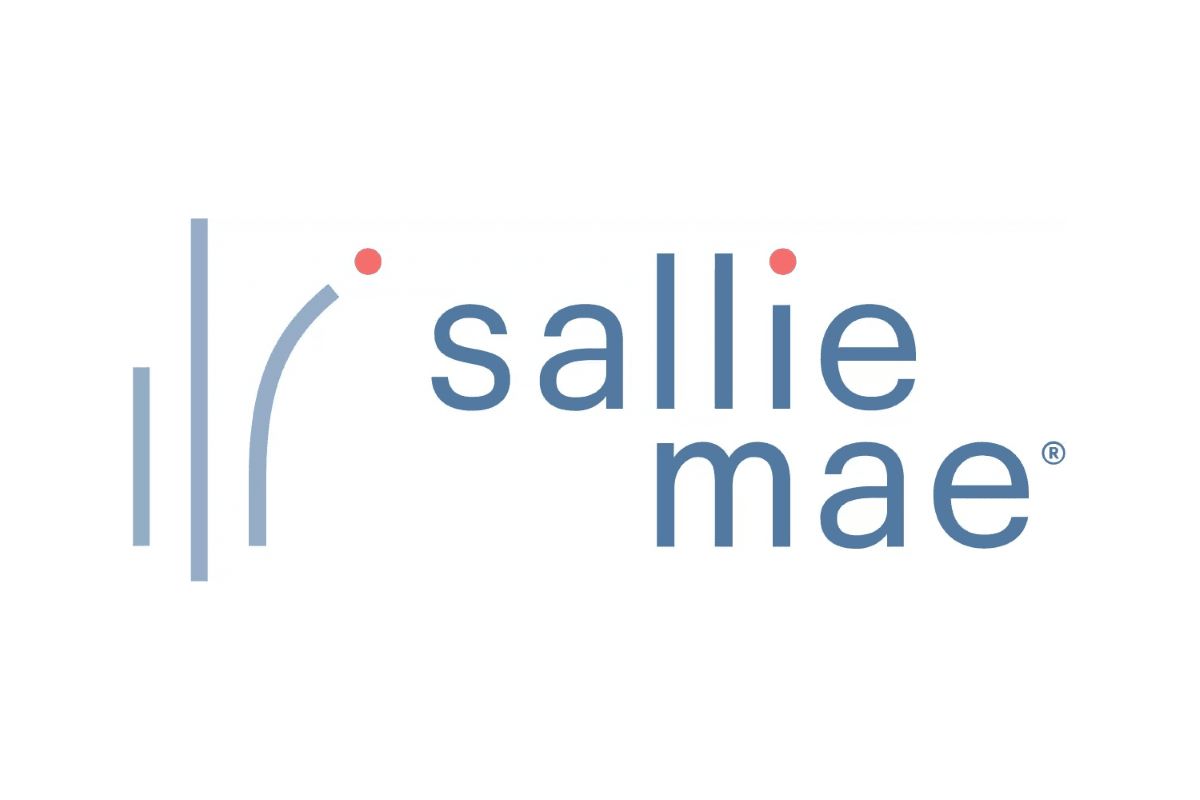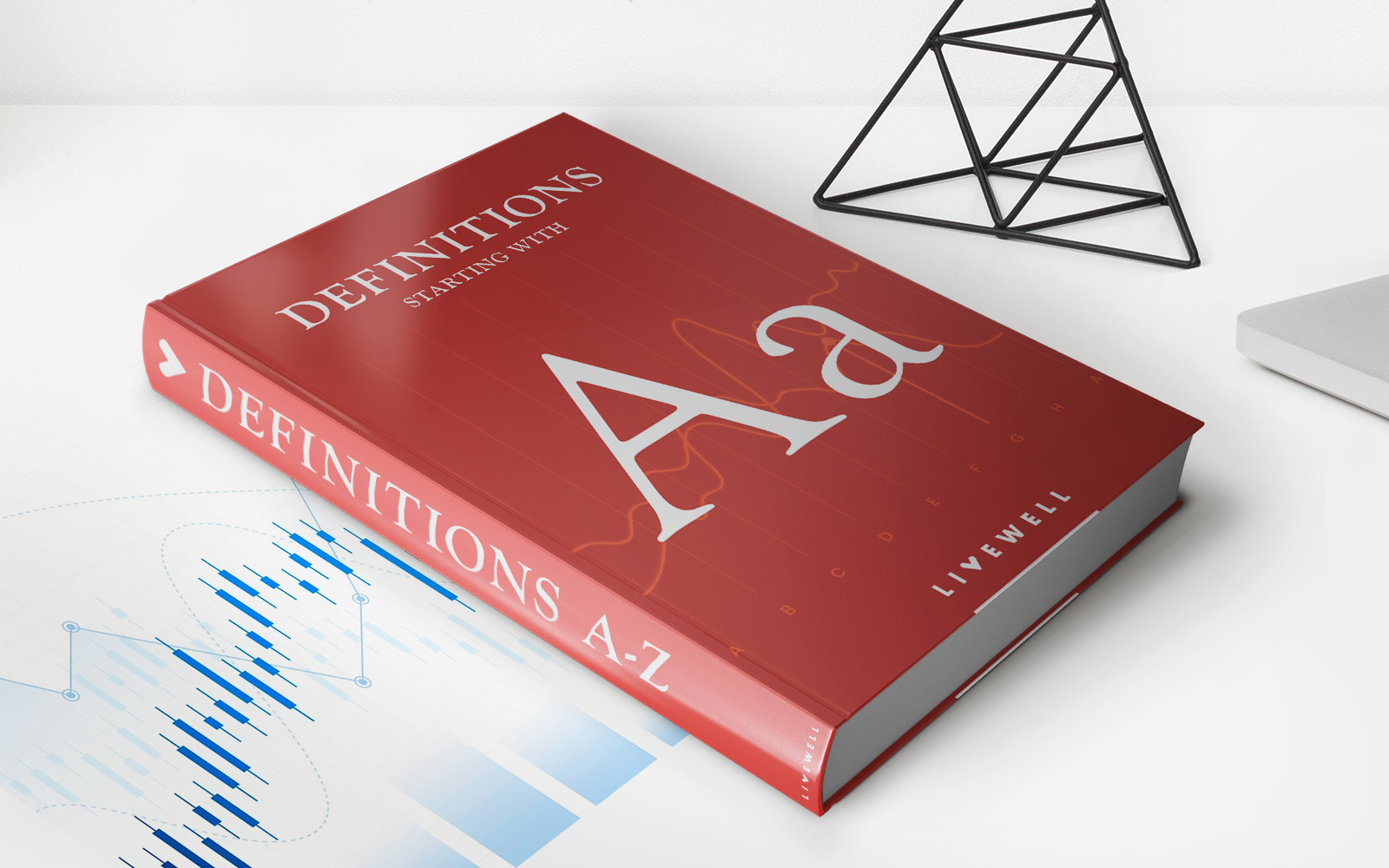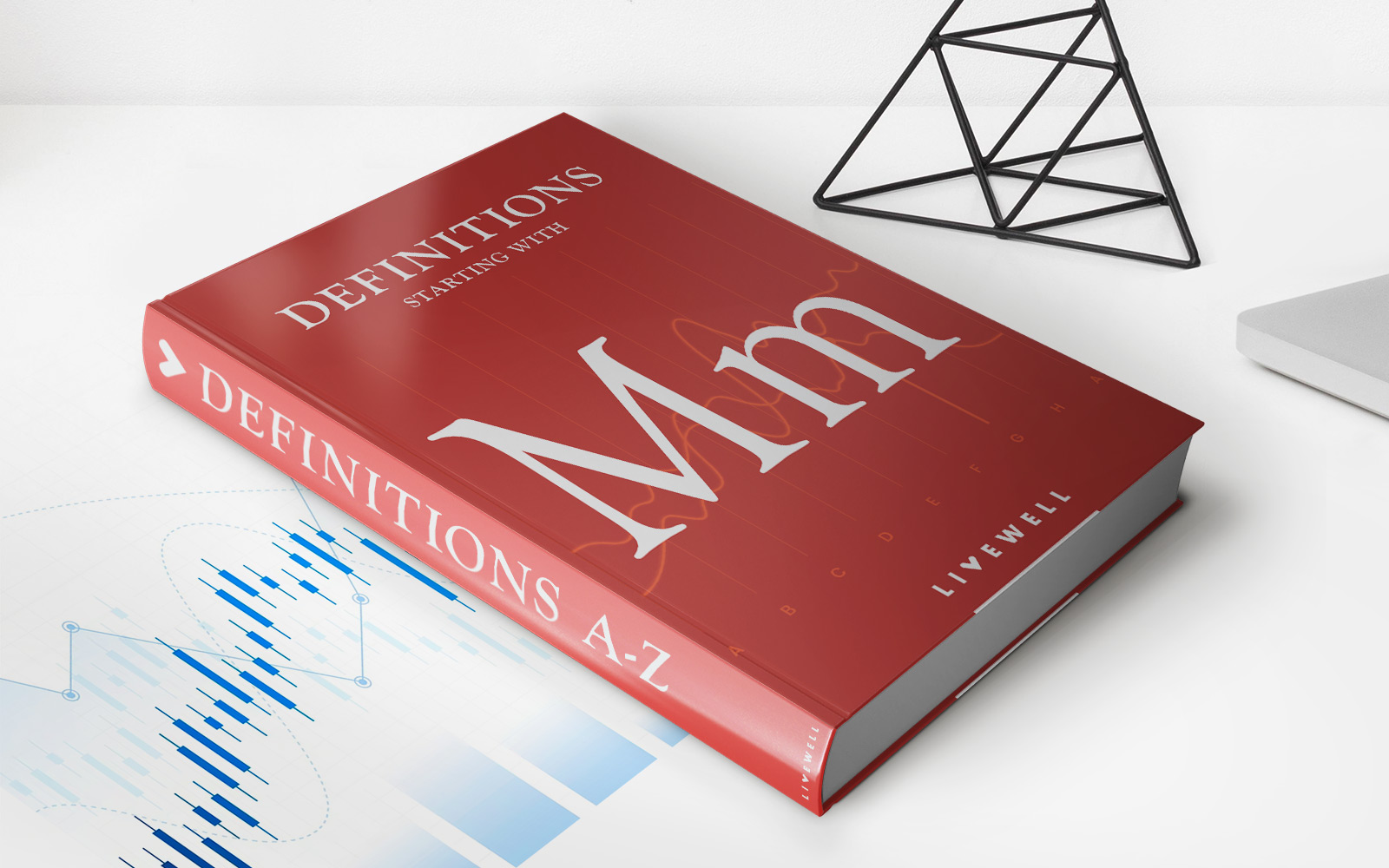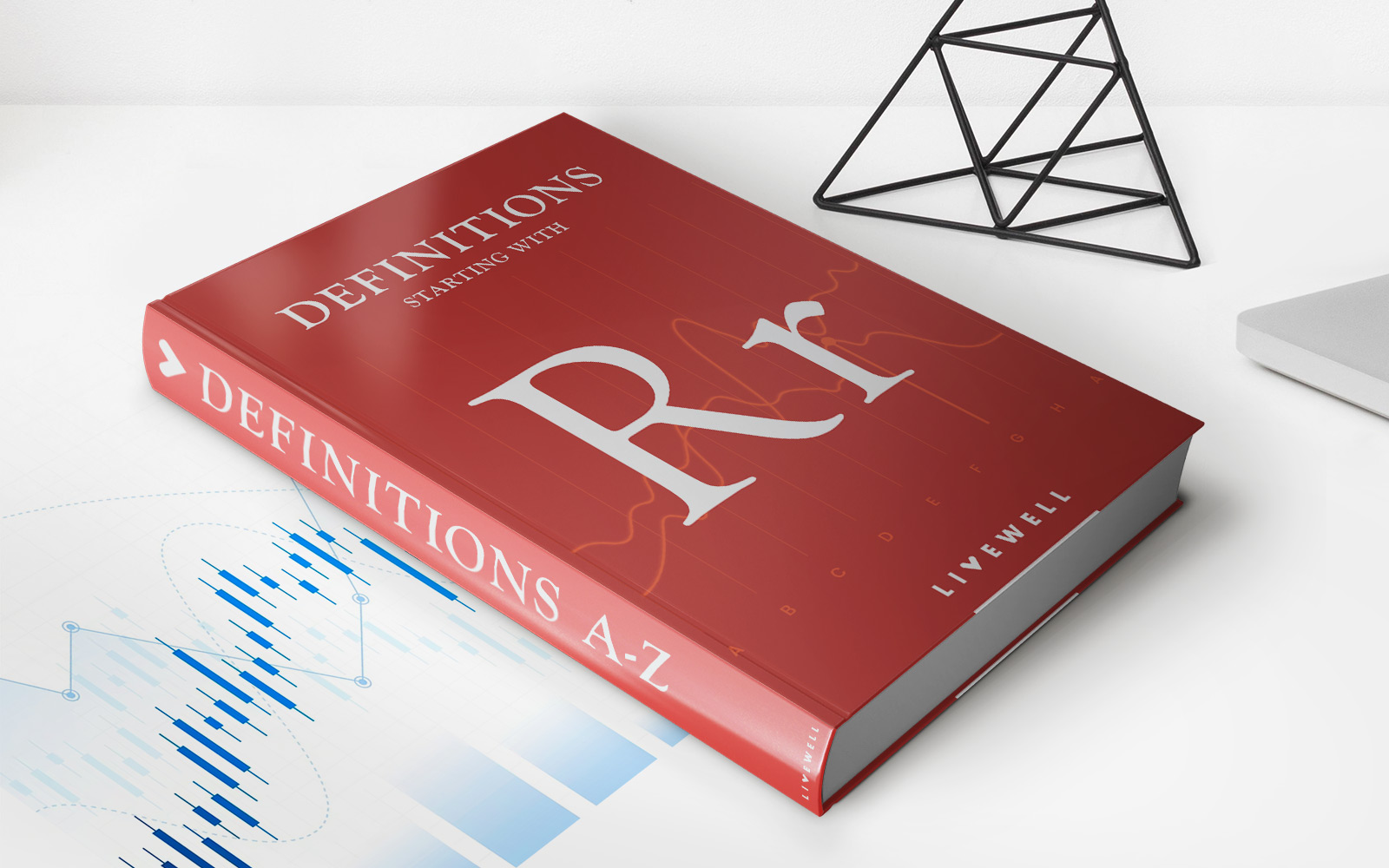

Finance
Retail Repurchase Agreement Definition
Published: January 19, 2024
A retail repurchase agreement, also known as retail repo, is a financial transaction in the field of finance. It involves the purchase of a security by a dealer from an investor with an agreement to sell it back at a higher price.
(Many of the links in this article redirect to a specific reviewed product. Your purchase of these products through affiliate links helps to generate commission for LiveWell, at no extra cost. Learn more)
Retail Repurchase Agreement Definition: Understanding the Basics of Short-Term Financing
Welcome to our Finance category, where we dive into various financial instruments and concepts to help you expand your knowledge in the world of money management. In this blog post, we will be shedding light on the retail repurchase agreement, a popular short-term financing tool that is utilized by financial institutions worldwide.
Key Takeaways:
- Retail repurchase agreements (repos) are short-term loans used by banks and other financial institutions to access quick funding.
- These agreements involve the sale of securities with an agreement to repurchase them at a predetermined price and date.
Now, let’s dive into the details. A retail repurchase agreement, often referred to as a repo, is a financial transaction in which one party sells securities to another party with an agreement to repurchase them at a later date and at an agreed-upon price. These agreements serve as a short-term source of funding for banks, allowing them to quickly gain access to the cash they need.
Here’s how a retail repurchase agreement typically works:
- One party, usually a bank or financial institution in need of short-term funding, sells securities (such as Treasury bills, government bonds, or corporate bonds) to another party, usually a money market fund or another financial institution with excess cash.
- The seller simultaneously agrees to repurchase the securities at a later date, often within a few days or weeks, at a slightly higher price or interest rate, effectively representing the interest earned on the transaction.
- The difference between the sale price and the repurchase price acts as the lender’s compensation or the implied interest rate.
Retail repurchase agreements are widely used by financial institutions for several reasons:
- Short-term Financing: Repos provide an efficient way for banks to meet their short-term financing needs without relying solely on more traditional methods, such as borrowing from central banks or issuing bonds.
- Liquidity Management: These agreements offer banks the ability to manage their liquidity effectively, enabling them to take advantage of investment opportunities while maintaining sufficient cash reserves.
- Collateralized Lending: Repos are usually collateralized transactions, meaning that the securities sold act as collateral for the lender. This reduces credit risk and provides an added layer of security for the buyer.
- Interest Earning: As mentioned earlier, the difference between the sale price and the repurchase price represents the interest earned by the lender, making retail repurchase agreements an attractive investment for those with excess cash.
In conclusion, retail repurchase agreements are essential tools in the world of short-term financing. They provide a mutually beneficial arrangement for borrowers and lenders, enabling financial institutions to meet their funding needs while offering attractive investment opportunities for those with available cash.
Now that you understand the basics of retail repurchase agreements, stay tuned for more insightful articles in our Finance category, where we explore various financial concepts that can help you make more informed decisions when it comes to managing your money.
